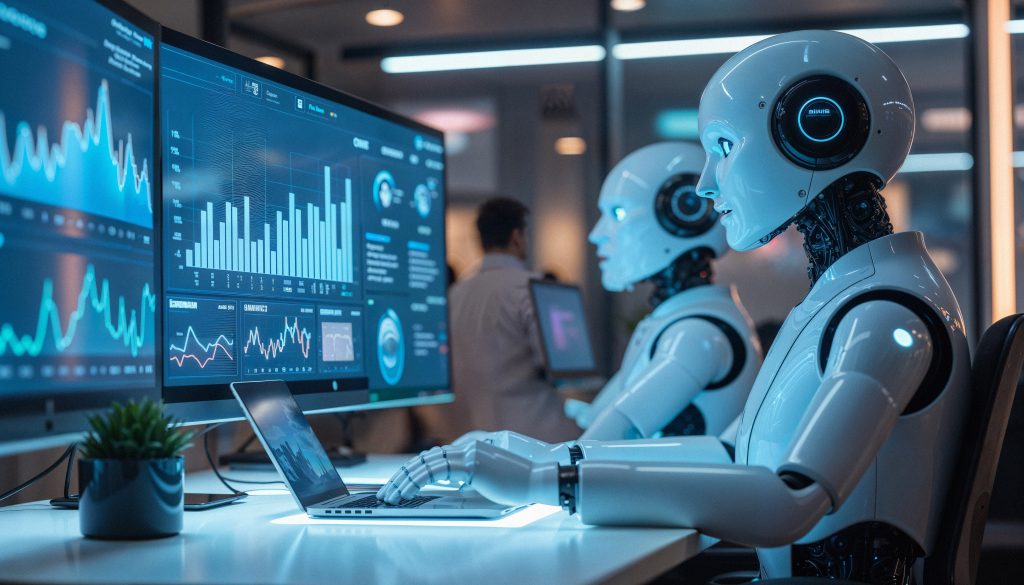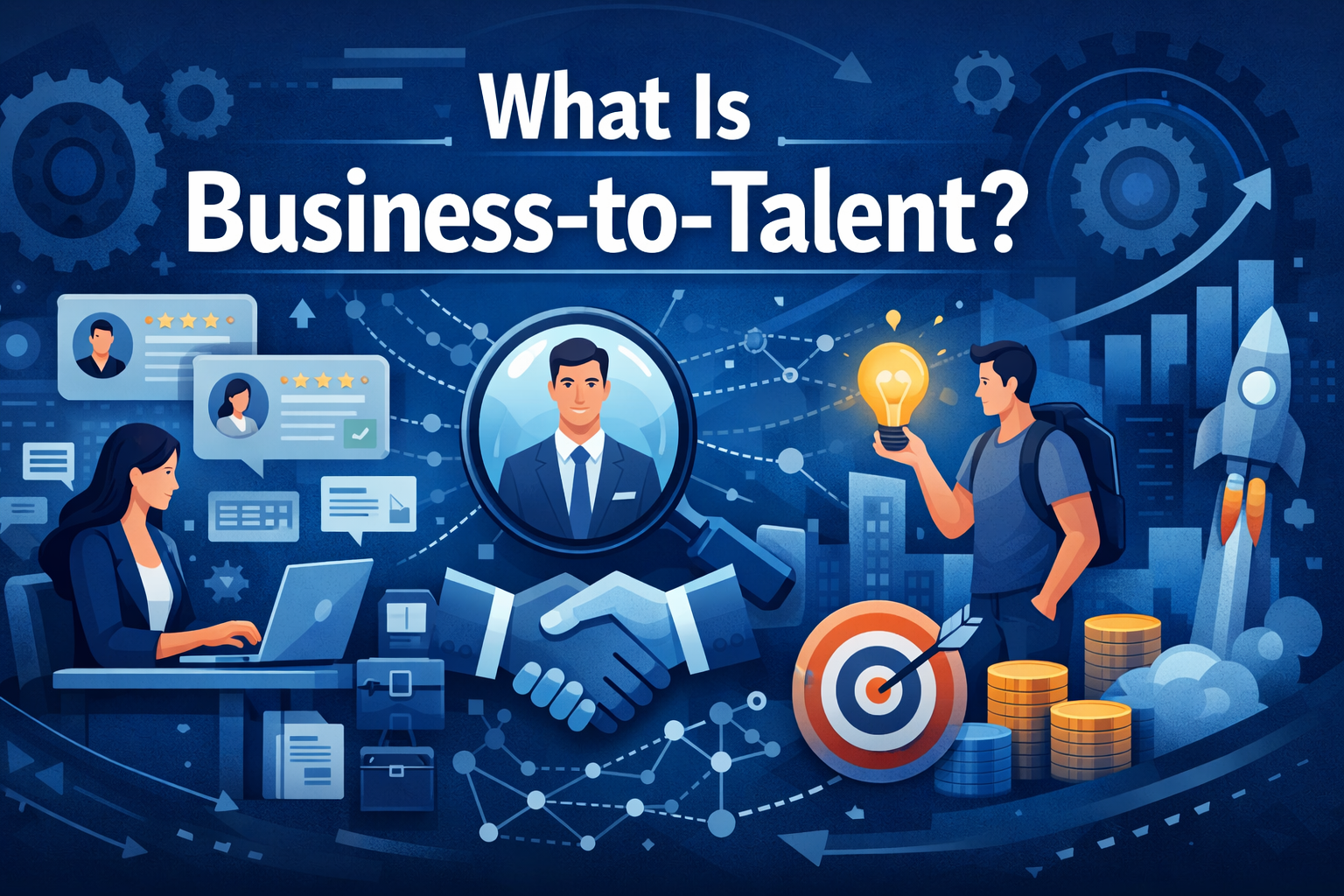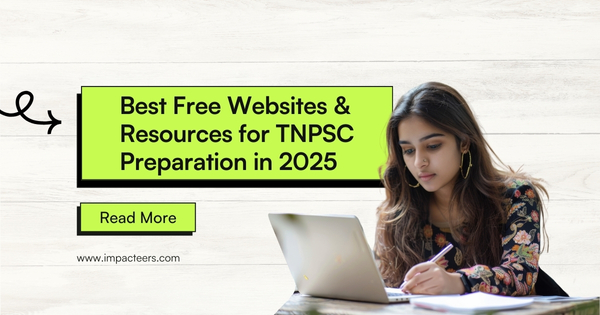In 2025, everyone’s talking about how technology is reshaping our jobs. It’s natural to feel a little uncertain. Maybe you’ve been hearing about automation replacing roles, or your company just introduced a new tool that’s supposed to “streamline workflows.” Whether you’re a fresh graduate picking your first university course or a working professional with years under your belt, staying relevant in the age of AI is something we all think about.
But here’s the good news: you don’t need to become a tech genius or an artificial intelligence engineer to stay relevant. You just need to stay sharp, stay curious, and keep learning.

Let’s Clear This Up: What Does Artificial Intelligence Actually Mean?
You’ve heard the term a hundred times, but what’s the artificial intelligence meaning in plain English? It’s basically when computers or software do tasks that we usually associate with human thinking like understanding language, solving problems, or learning from experience.
Think of things like spam filters, voice assistants, or apps that recommend what to watch next. That’s not magic, it’s algorithms. It’s programming. And behind all that, there are real people, developers, data scientists, and testers who design these tools.
It’s Not About Machines Taking Over Jobs. It’s About How We Work Changing
One of the most repeated fears is that “robots will take our jobs.” But when you look closer, that’s not quite true. What’s really happening is this: repetitive tasks are being automated. The rest, the creative thinking, the people skills, the decisions that require judgment, those still need us.
Look at it this way: when Google Maps replaced paper directions, it didn’t remove travel. It just made it easier to get from point A to B.
AI isn’t eliminating careers. It’s changing them. And that’s where we come in.
How to Stay Relevant, No Matter Your Industry
1. Keep Learning (Even If You’re Not in School)
Remember when graduation felt like the end of studying? Not anymore. The workplace keeps evolving, and the most successful people are the ones who treat learning as part of life.
This doesn’t mean going back to university. You could take a short artificial intelligence course, attend a workshop, or just watch YouTube videos about how things work in your field. Pick learning that helps you stay useful.
2. Understand the Tools, Even If You Don’t Build Them
You don’t need to write code to benefit from AI. You just need to know what it’s good for, and where it falls short.
For example, knowing the advantages of artificial intelligence (like helping process tons of data) helps you use it more confidently. But it’s just as important to understand the disadvantages of artificial intelligence, like the risk of relying too much on data without checking for bias.
3. Get Better at the Things Only People Can Do
Some things can’t be copied by a machine:
- Building trust
- Making tough ethical decisions
- Reading emotions
- Being creative on the fly
Focus on strengthening these skills. They’re your edge.
4. Combine Your Skills With Something New
We’re seeing a rise in people who blend knowledge. A marketing expert who understands data. A teacher who knows how to use smart classroom tools. A writer who learns how to automate basic editing.
These hybrid roles are what keep people ahead. You don’t have to change careers. You just have to stretch a little so you continue staying relevant in the age of AI.
5. Watch What’s Happening Around You
Pay attention to how businesses are shifting. Hospitals are using smart tools to help doctors catch issues faster. Universities are starting to teach tech skills in non-tech courses. Retail companies use smart systems to manage inventory better.
Jobs aren’t disappearing. They’re just changing shape.
Let’s Talk About What AI Can’t Replace
Here are a few career traits that aren’t going anywhere:
- Good leaders who know how to manage people, not just numbers
- Social workers who understand context and emotion
- Creative professionals who break rules to make something new
- Parents, caregivers, mentors, real human roles that tech can’t touch
If your role involves working with people, supporting children, or managing emotions, you’re already working in a space machines can’t own.

Thinking About a Change? Here’s a Simple Starting Point
You don’t need to become an artificial intelligence engineer. But learning about the basics can help. Try a beginner-friendly course or seminar. Read an artificial intelligence essay from a respected source. Ask someone in your network what tools they’re learning.
The goal isn’t to become an expert. It’s to understand what’s coming so you’re not caught off guard.
A Change in Mindset Is the Most Powerful Skill
Feeling nervous about the future is normal. But try replacing fear with curiosity.
Ask:
- What’s something I can get better at this year?
- What tools are making waves in my industry?
- How can I help others adapt too?
Because staying relevant in the age of AI isn’t about outsmarting the machine. It’s about outgrowing your last version of yourself.
The Bottom Line: You Still Matter
The artificial intelligence future is not about replacing humans. It’s about building a new kind of working world, one where we spend less time on tasks and more time on thinking, solving, creating, and connecting.
Whether you’re a student, a nurse, a designer, a manager, or a parent heading back into the workforce, you still belong in that future. But it starts with a small step: stay curious and stay willing to learn.
FAQs
1. What’s the simple meaning of artificial intelligence?
It’s when machines are taught to do tasks that usually need human thinking, like learning, problem-solving, or making suggestions.
2. Is it important to take an artificial intelligence course?
It can help. Even a basic course gives you a better sense of what’s changing and how you can use that knowledge in your own job.
3. What are the biggest advantages of artificial intelligence?
Speed, accuracy, and the ability to handle repetitive tasks so humans can focus on more important things.
4. What are some of the disadvantages of artificial intelligence?
It can replace some types of jobs, make mistakes if trained poorly, and raise concerns about fairness and privacy.
5. I’m not from a tech background, can I still grow in this new era?
Yes. Many companies need people who can lead, connect, and think creatively. These are things machines can’t do.


Post Comment